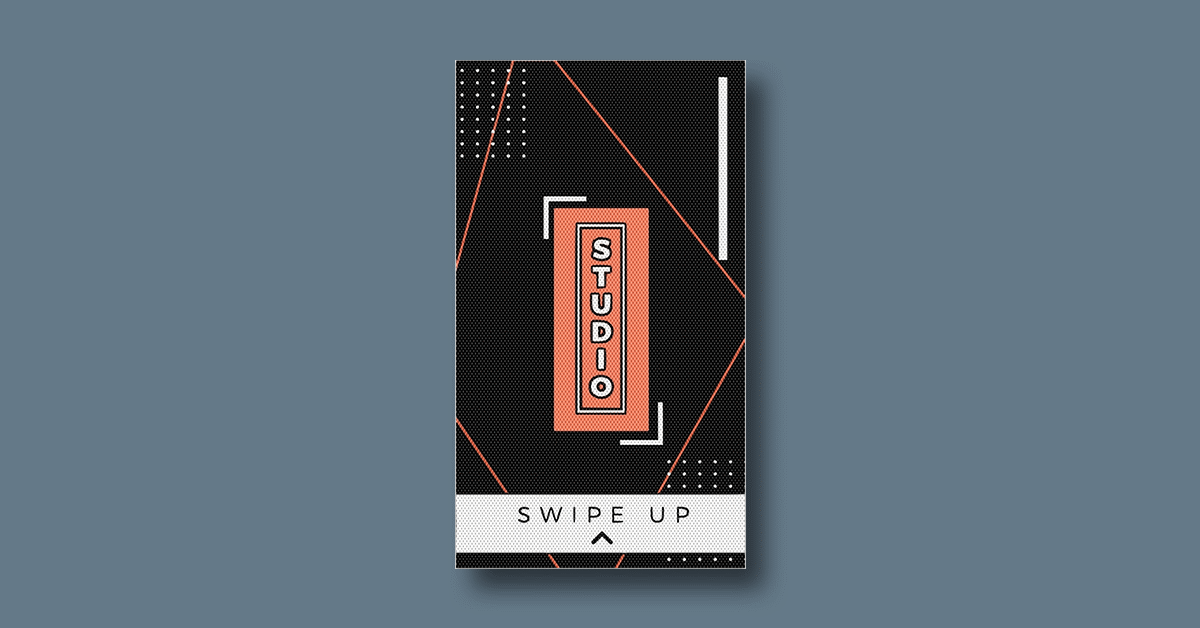
The technique of infinite scroll keeps users scrolling without ever reaching the bottom of a page. Instead, new content loads as the user scrolls down. Websites like Facebook, Twitter, and Pinterest have put infinite scrolling on the map. For most websites, though, pagination makes more sense, even if your CMS is capable of building a website with infinite scroll.
So, are infinite scrolling websites good or bad? The answer, like the answer to a lot of developer questions, is "it depends." As the Nielsen Norman group says, "infinite scrolling is not for every website."
How do you know if you're working on a website that would benefit from infinite scroll? Let's go through the pros and cons to figure it out before you put time building the functionality into your CMS.
Certain types of websites lend themselves better to endless scrolling than others. Websites that are more of a discovery-based experience, meaning the user is simply browsing around and isn't looking for anything in particular, could be good candidates for infinite scroll. These include social pages (as mentioned above), photography pages, blogs, and news websites.
On the other hand, websites that are goal-oriented, meaning a user is attempting to do a certain task like buy something or find company information, are not good candidates for infinite scroll websites.
A key thing to keep in mind is that infinite scrolling puts the most relevant information at the top and then buries the rest. The user needs to be invested in the page in order to make the effort to keep scrolling. For news sites like CNN, the purpose is to display the latest and most relevant stories first, infinite scrolling can ensure that frequent visitors are always greeted with the latest stories.
For other types of sites, like e-commerce sites, infinite scrolling can quickly become a burden for users who are searching for a particular item.
Keeps users engaged
The main pro of an endless scrolling website is that it keeps users engaged and on the page. For websites like Pinterest, Twitter, and Facebook, the user is constantly engaged because there's tons of user-generated content to scroll through. A user can easily scroll and refresh and keep getting new content.
Ideal for mobile
Infinite scroll is great for touchscreens and especially for mobile devices. A user can easily swipe down to keep generating new content instead of switching to new tabs, which can feel cumbersome. In fact, infinite scroll arguably works best on websites that have a mostly mobile audience compared with websites that are accessed from a desktop.
Opportune ad spots
It can be easier to seamlessly integrate ads into an infinite scrolling webpage without breaking the flow of the page. Facebook and Pinterest are prime examples of websites that weave ads into their content so seamlessly that users barely even notice them.
It's not great for SEO
You might think that keeping users engaged on one page would be good for SEO, but that pro doesn't outweigh the fact that Google will only crawl your one page and won't scroll down when it is set up with infinite scroll. That means the bots are missing out on tons of content. It will be difficult to rank for specific queries with an infinite scroll page. This article from Google Webmasters has some tips for maximizing your SEO on your infinite scroll page.
It's not accessible
Users with physical disabilities have a hard time navigating pages that have infinite scroll. It's hard to find specific content or to navigate from one topic to the next. According to the Bureau of Internet Accessibility, "Visual, audio and mobility impediments shouldn't be a barrier to understanding." Make sure to familiarize yourself with the latest updates to the Web Content Accessibility Guidelines (WCAG) before deciding whether or not infinite scroll makes sense on your webpage.
It can have a long load time
Perhaps the biggest drawback from a UX standpoint is that infinite scrolling websites can have an extremely long load time. This can come from the development end. It can also come from the user end. Some devices simply don't have enough room to load all the assets on a page with infinite scroll quickly. Either way, the end result is the same—users don't stick around.
A good rule of thumb is that infinite scrolling works best when a user isn't looking for specific information. Websites that are constantly generating new content, like social media feeds and news websites, can benefit from infinite scrolling. E-commerce sites and business pages usually aren't good candidates for infinite scrolling because users are seeking specific information that won't be easy to find without pagination.